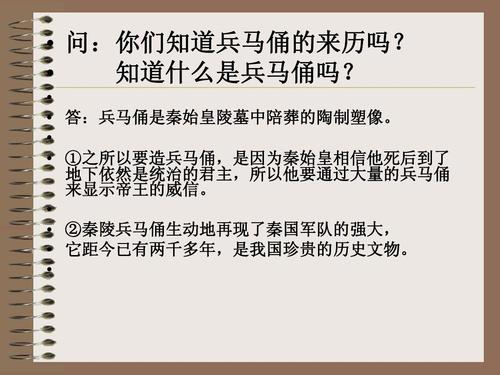
Why Were the Terracotta Army Kept Secret?
The Terracotta Army, an awe-inspiring collection of life-sized clay soldiers, stands as a testament to the power and ambition of Qin Shi Huang, the first emperor of China. Yet, for centuries, this grand army remained hidden beneath the earth, shrouded in secrecy. The reasons behind this deliberate concealment are complex, entwined with the emperor's paranoia, ancient burial practices, and a desire to preserve the sanctity and splendor of his final resting place.
Fear of Retribution and Knowledge Protection
The most prominent theory, and the one supported by the ancient historian Sima Qian, revolves around Emperor Qin Shi Huang's profound fear of death and his desperate desire to rule even in the afterlife. He believed that by surrounding himself with these terracotta warriors, he could command an army in the next world and protect his empire from his enemies, both real and imagined.
To ensure the secrecy of his magnificent tomb, which according to legend contained vast treasures and intricate mechanisms, Qin Shi Huang took extreme measures. Sima Qian writes that the emperor feared his artisans, privy to the tomb's secrets and the valuable treasures within, might reveal its location or its wonders. To silence them permanently, he ordered the tomb sealed with all the workers inside, condemning them to death. This brutal act ensured that the knowledge of the tomb's intricacies died with its creators, safeguarding its location and contents.
Maintaining the Sanctity of the Afterlife
Beyond mere fear, the emperor's actions were also likely influenced by the prevailing religious beliefs of the time. The ancient Chinese held a strong belief in the afterlife, viewing it as a continuation of earthly existence. Tombs were not seen as mere burial sites but as elaborate palaces where the deceased would continue to live and rule in the afterlife. Disturbing a tomb was considered a grave offense, a sacrilegious act that could anger the spirits and disrupt the delicate balance between the living and the dead.
By keeping the Terracotta Army a secret, Qin Shi Huang aimed to preserve the sanctity of his final resting place. The secrecy ensured that his tomb remained undisturbed, allowing his spirit to rest peacefully and continue its reign in the afterlife, unburdened by the intrusions of the living.
The Unintentional Preservation of a Legacy
Ironically, the very secrecy that Qin Shi Huang so ruthlessly enforced contributed significantly to the preservation of his legacy. Hidden beneath layers of earth and forgotten by time, the Terracotta Army remained untouched by grave robbers and the ravages of weather, war, and societal upheaval. This unintentional preservation allowed the army to survive for millennia, only to be rediscovered in 1974 by farmers digging a well, captivating the world with its scale and artistry.
Conclusion
The secrecy surrounding the Terracotta Army is a testament to the power dynamics, religious beliefs, and cultural practices of ancient China. Driven by fear, a desire for eternal power, and a belief in the sanctity of the afterlife, Qin Shi Huang ensured the silence of his tomb, inadvertently preserving it as a window into a magnificent and often brutal past. The rediscovery of this silent army offers a glimpse into the mind of a powerful ruler, reminding us of the enduring allure of immortality and the lengths to which humans will go to achieve it.
FAQs
Q: Why is the Terracotta Army so famous?
A: The Terracotta Army is famous for its sheer scale, intricate craftsmanship, and historical significance. Comprising over 8,000 life-size figures, each with unique features, the army offers a glimpse into the military might and artistic skills of ancient China.
Q: Where is the Terracotta Army located?
A: The Terracotta Army is located near the city of Xi'an, in Shaanxi province, China. It is part of the larger Mausoleum of the First Qin Emperor, a vast complex still under excavation.
Q: When was the Terracotta Army discovered?
A: The Terracotta Army was accidentally discovered in 1974 by farmers digging a well, leading to one of the most significant archaeological finds of the 20th century.